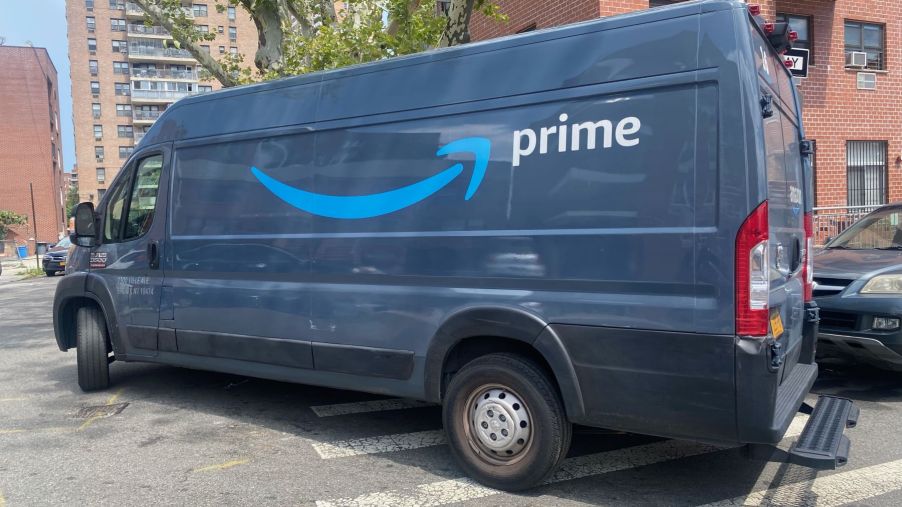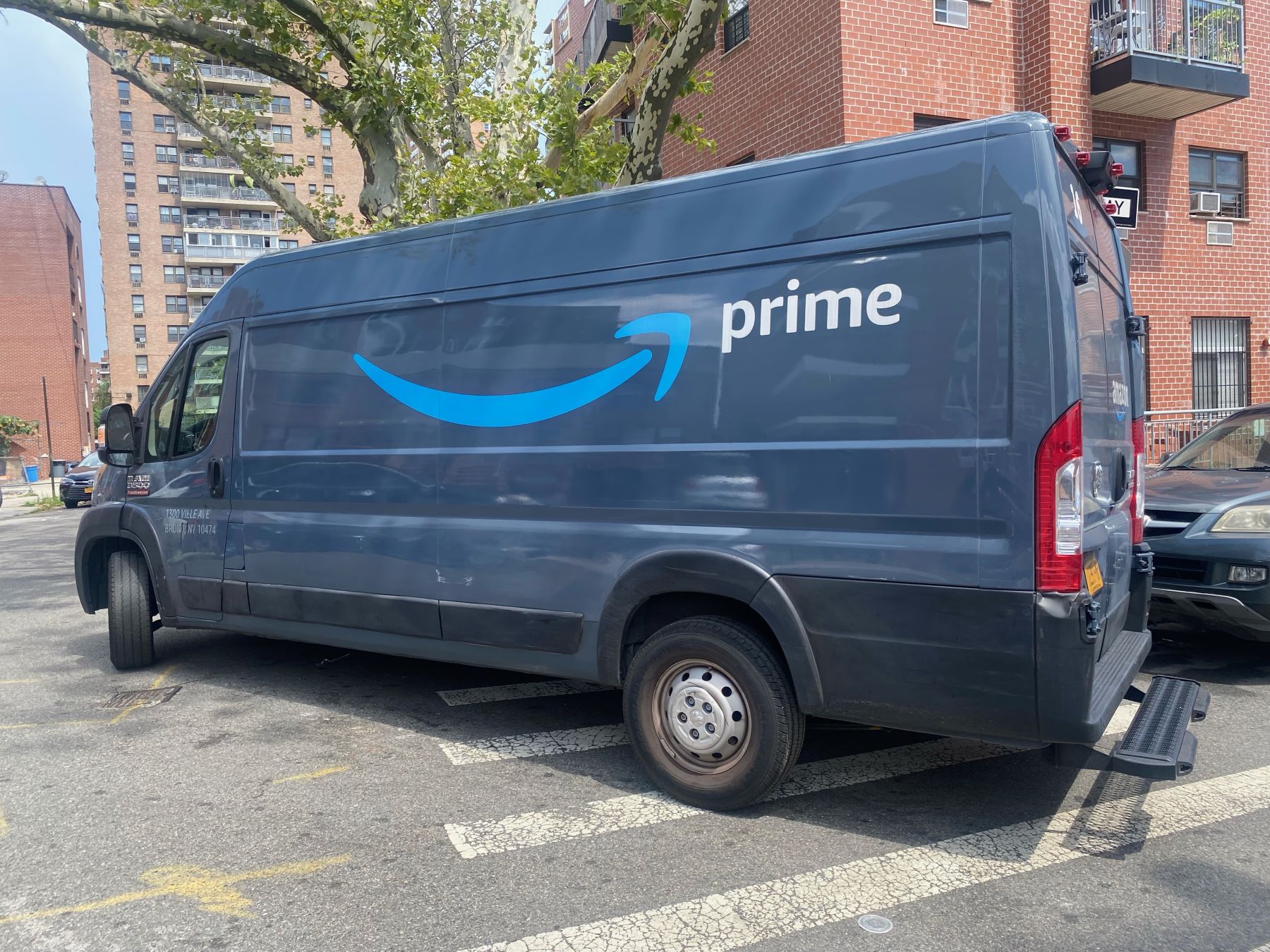
What Is a Business Vehicle Exclusion?
If you have been shopping for auto insurance, you have probably come across the term “business vehicle exclusion.” You may also have come across other auto insurance terms, such as “Out-of-country travel exclusions” or “damage-based exclusions.” All car insurance policies have a list of such exclusions, but what are they, and what do they mean?
What are exclusions in car insurance?
Generally, an exclusion is a list of things and occurrences not covered by your car insurance policy. An exclusion can be specific to a particular type of coverage or apply to the entire policy. Different policies often have different exclusion types, depending on the coverage level and policy type. However, some are universal and expected industry-wide. Therefore, it is crucial to understand what type of exclusions your insurance policy has.
When shopping for car insurance, compare the policies and the listed exclusions to ensure you get the coverage you need. These car insurance exclusions are vital because they allow you to get the precise coverage you need instead of a blanket policy that could cost you more. Otherwise, you might waste months paying for an insurance policy only to discover that it does not cover what you desire.
What is a business vehicle exclusion?
If you have been shopping for auto insurance, you have probably come across the term “business vehicle exclusion.” Of all the different exclusions, business vehicle exclusions are some of the most common. So, what is a business vehicle exclusion? Simply put by Bankrate, a business vehicle exclusion clause in an auto insurance policy excludes coverage for vehicles used for business purposes.
The differences in vehicle usage for personal and business purposes can be significant. Typically business vehicles are driven more frequently than personal or non-business ones. Therefore, they pose a greater financial risk to insurance companies. For example, a commercial vehicle is often used to transport goods or people, which increases the risk of an auto accident. Thus, most insurance companies will not cover business vehicles under a standard personal auto insurance policy.
However, this does not mean you cannot insure your business vehicle. On the contrary, you can still get coverage for your business vehicle; you just need to purchase a commercial auto insurance policy instead of a personal one. This is made possible by the clear differences between the two policy types.
What is the difference between personal and commercial insurance?

Although personal and commercial insurance have similar traits, such as providing liability and collision coverage, the two are very different. The main difference between personal and commercial insurance is how the vehicle is used. Personal auto insurance policies are designed for vehicles used primarily for personal use, such as commuting or running errands. On the other hand, commercial auto insurance policies are designed for vehicles used primarily for business purposes.
Other key differences between personal and commercial insurance include the following:
- Personal auto insurance policies typically have lower premiums than commercial ones because business vehicles are driven more often and, thus, pose a greater financial risk to insurance companies.
- Personal auto insurance policies typically have lower deductibles than commercial ones because businesses can better afford to pay higher deductibles in case of an accident.
- Personal auto insurance policies typically have more coverage exclusions than commercial ones because businesses use their vehicles for various purposes that personal vehicles are not used for, such as transporting goods or people.
If you are unsure whether you need a personal or commercial auto insurance policy, it is best to speak with an insurance agent. They will be able to assess your needs and recommend the best type of policy for you. With this knowledge of business vehicle exclusions, ensure you compare different policies and the listed exclusions to get the coverage you need.


